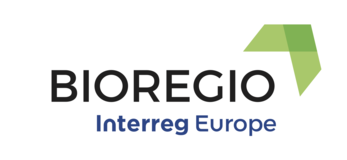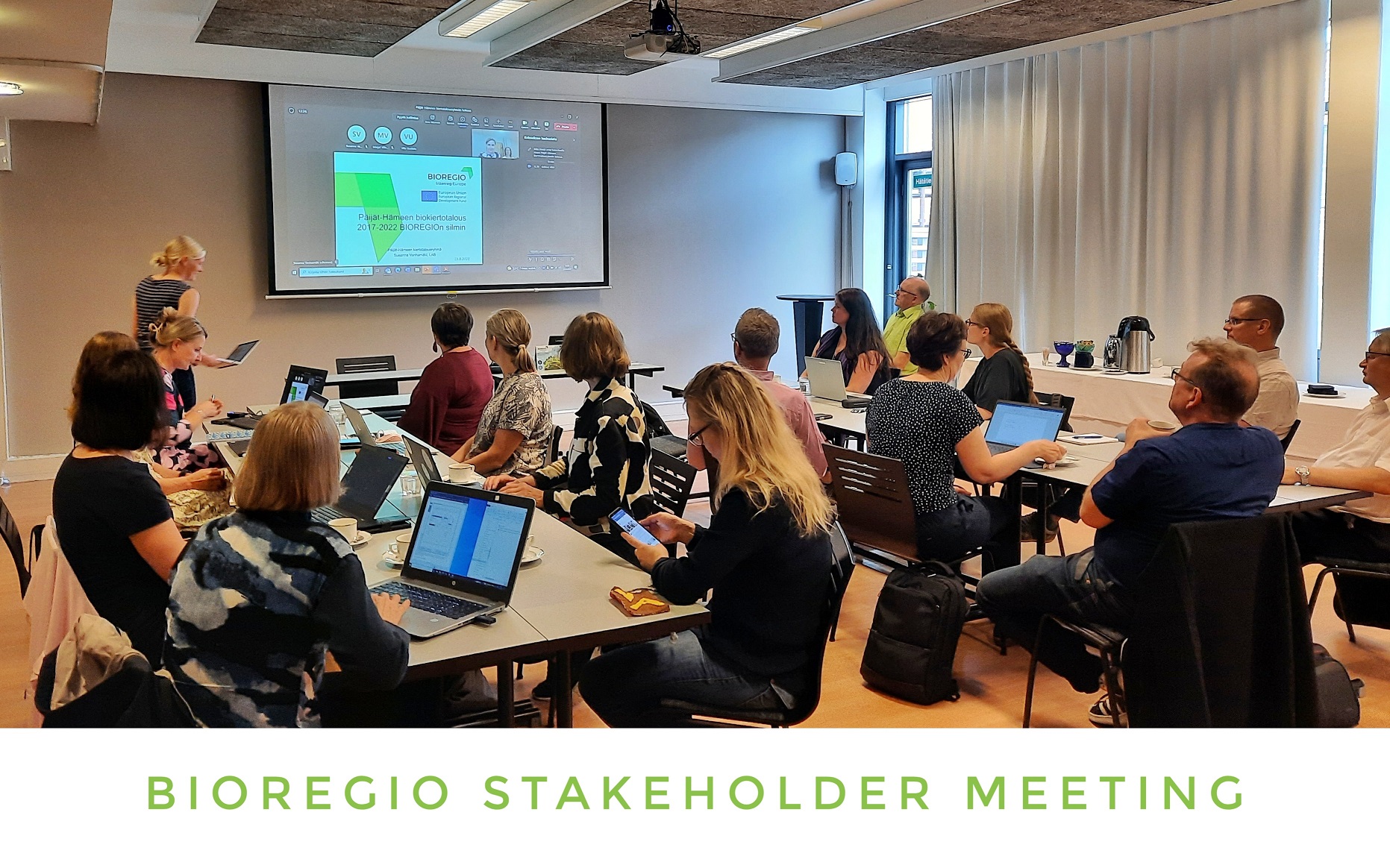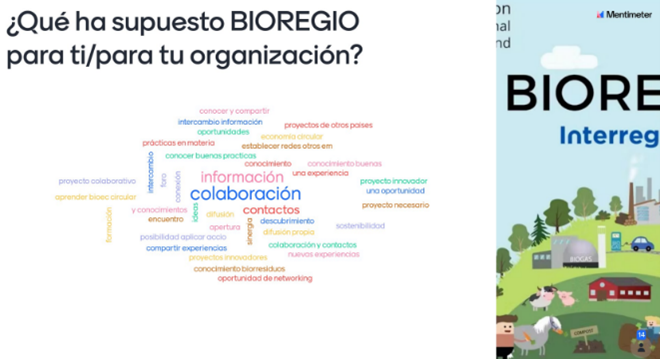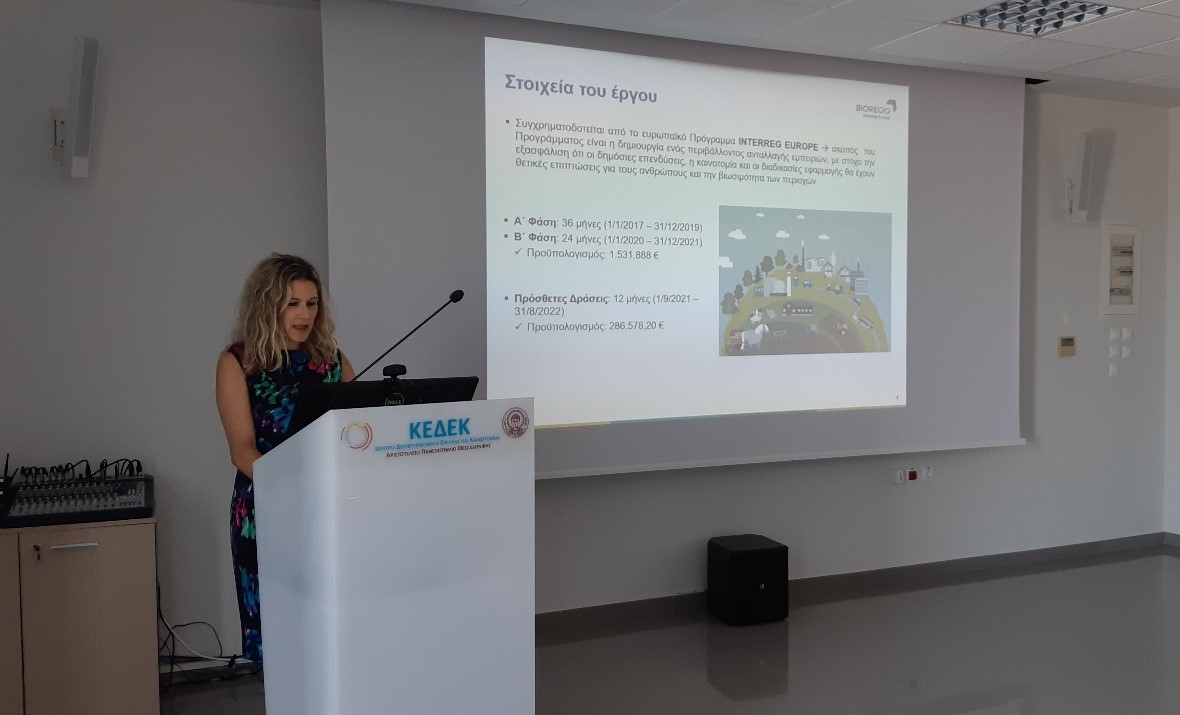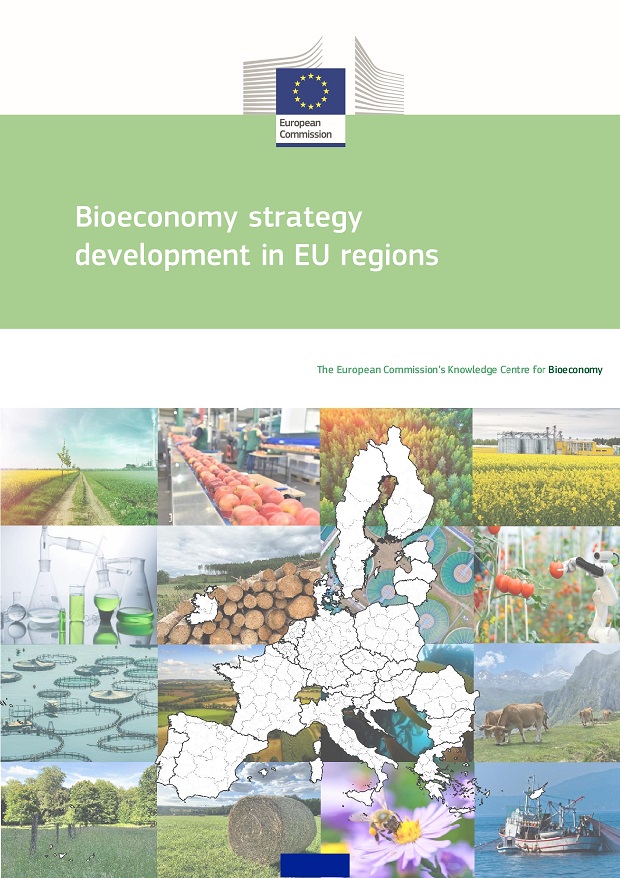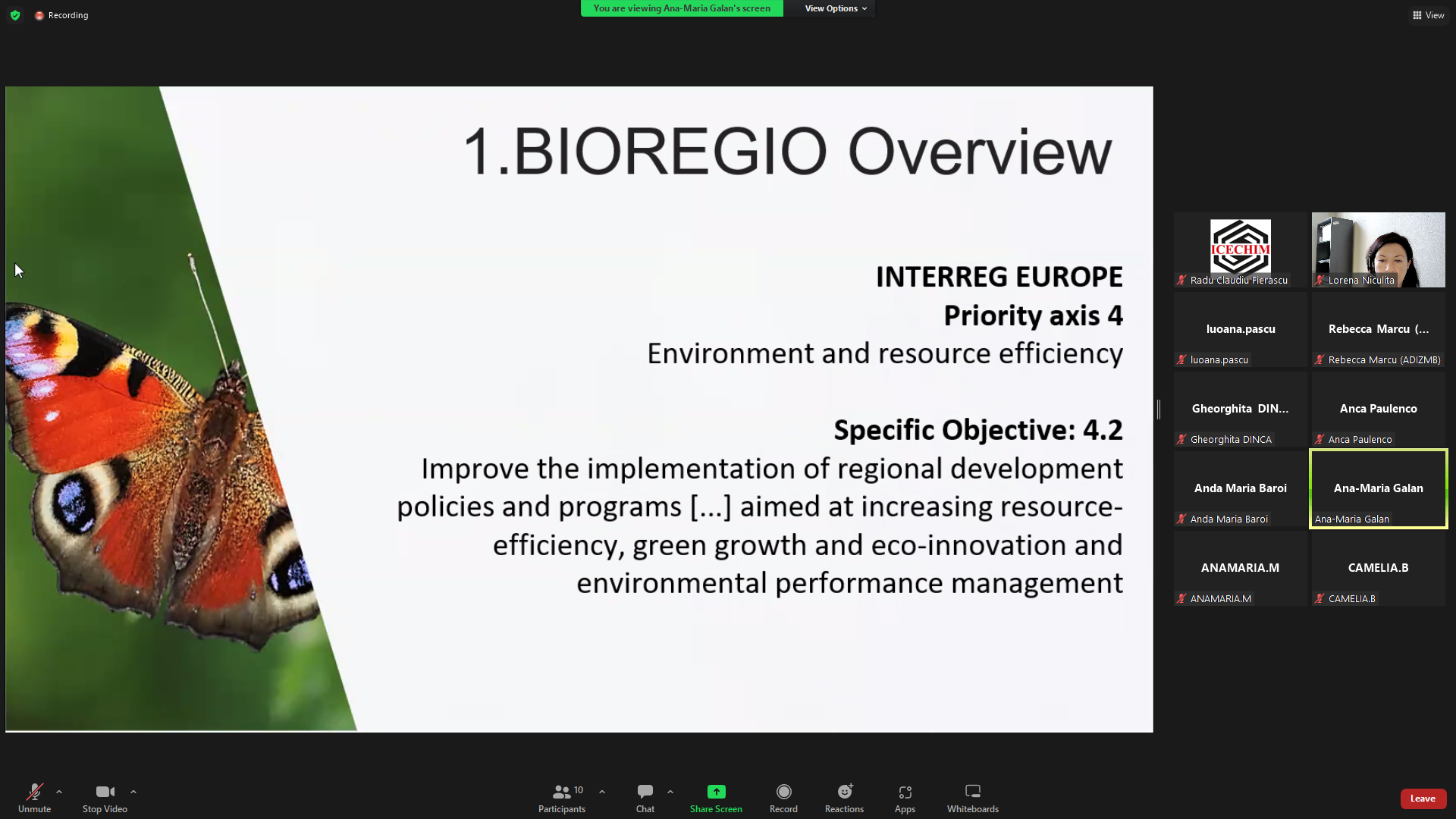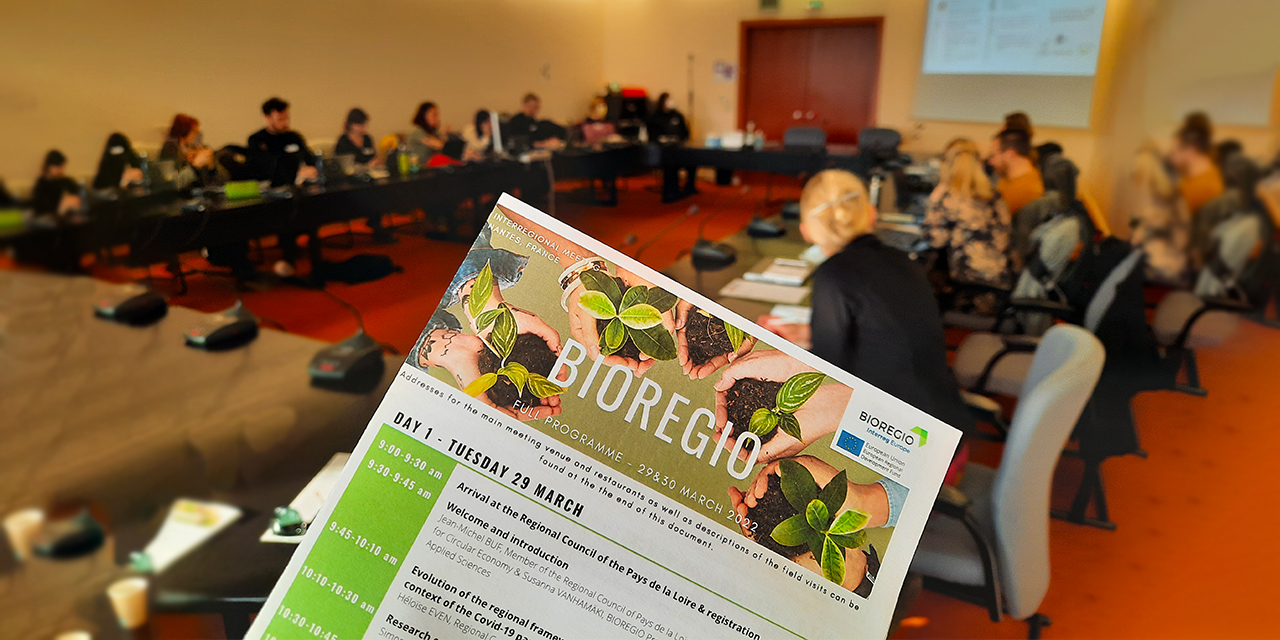BOOSTING BIO-BASED CIRCULAR ECONOMY - NEWS FROM the region of Central Macedonia, GREECE
 In the context of the Thematic Project Online Workshop held on 25/01/2022, on behalf of the Region of Central Macedonia, Mrs Chrysanthi Kiskini (Head of the Department of European Union Projects in Regional Development Fund of Central Macedonia) analyzed the measures taken for the support of Small and Medium Enterprises (SMEs) during the COVID-19 pandemic at the national and regional level. Moreover, an analysis of the results of the 'Dieksodos' program took place, which concerned the strengthening of SMEs affected by the pandemic in the Region of Central Macedonia. Also, emphasis was given to the opportunities presented to the SMEs in order to overcome the pandemic crisis through the integration of bio-based circular economy practices in their production process.
In the context of the Thematic Project Online Workshop held on 25/01/2022, on behalf of the Region of Central Macedonia, Mrs Chrysanthi Kiskini (Head of the Department of European Union Projects in Regional Development Fund of Central Macedonia) analyzed the measures taken for the support of Small and Medium Enterprises (SMEs) during the COVID-19 pandemic at the national and regional level. Moreover, an analysis of the results of the 'Dieksodos' program took place, which concerned the strengthening of SMEs affected by the pandemic in the Region of Central Macedonia. Also, emphasis was given to the opportunities presented to the SMEs in order to overcome the pandemic crisis through the integration of bio-based circular economy practices in their production process.
Contribution of wastewater epidemiology to community COVID-19 surveillance
In addition, Mr Theodoros Karapantsios (Professor, Department of Chemistry, Aristotle University of Thessaloniki) as representative of the wastewater epidemiology team, analyzed the use of wastewater-based epidemiology for the estimation of the total SARS CoV-2 load in the population of the Thessaloniki metropolitan area, in the context of the research conducted by the wastewater epidemiology team of Aristotle University of Thessaloniki (AUTh) with the Water Supply and Sewerage Company of Thessaloniki and in collaboration with the Region of Central Macedonia and within the national network of National Public Health Organization.
Specifically, he focused on the presentation of a physicochemical model that can estimate the concentration of the virus genome in wastewater, by extracting quantitative indicators of the virus spread level throughout the community and not just in reported cases. Next, a model was described that estimates the spread of the virus in a sewer network using data from the sewage network of the metropolitan area of Thessaloniki. In addition, a mathematical model of the group that calculates the number of actual cases in the city of Thessaloniki (reported and unreported) was analyzed considering the number of daily cases and the viral load in wastewater.
Finally, a simple, novel, cost-effective PCR-based method was presented that determines the omicron mutation in the viral load of wastewater. The wastewater epidemiology team coordinated by the Rector of AUTh, Professor Nikolaos Papaioannou, consists of scientists from different laboratories and clinics of the Departments of Medicine (E. Roilidis, A. Papa, S. Metallidis), Chemistry (T. Karapantsios, M. Kostoglou), Veterinary (N. Papaioannou, C. Dovas), Civil Engineering (M. Petala, V. Tsiridis) and Spatial Planning and Development (S. Stylianidis) of AUTh.
